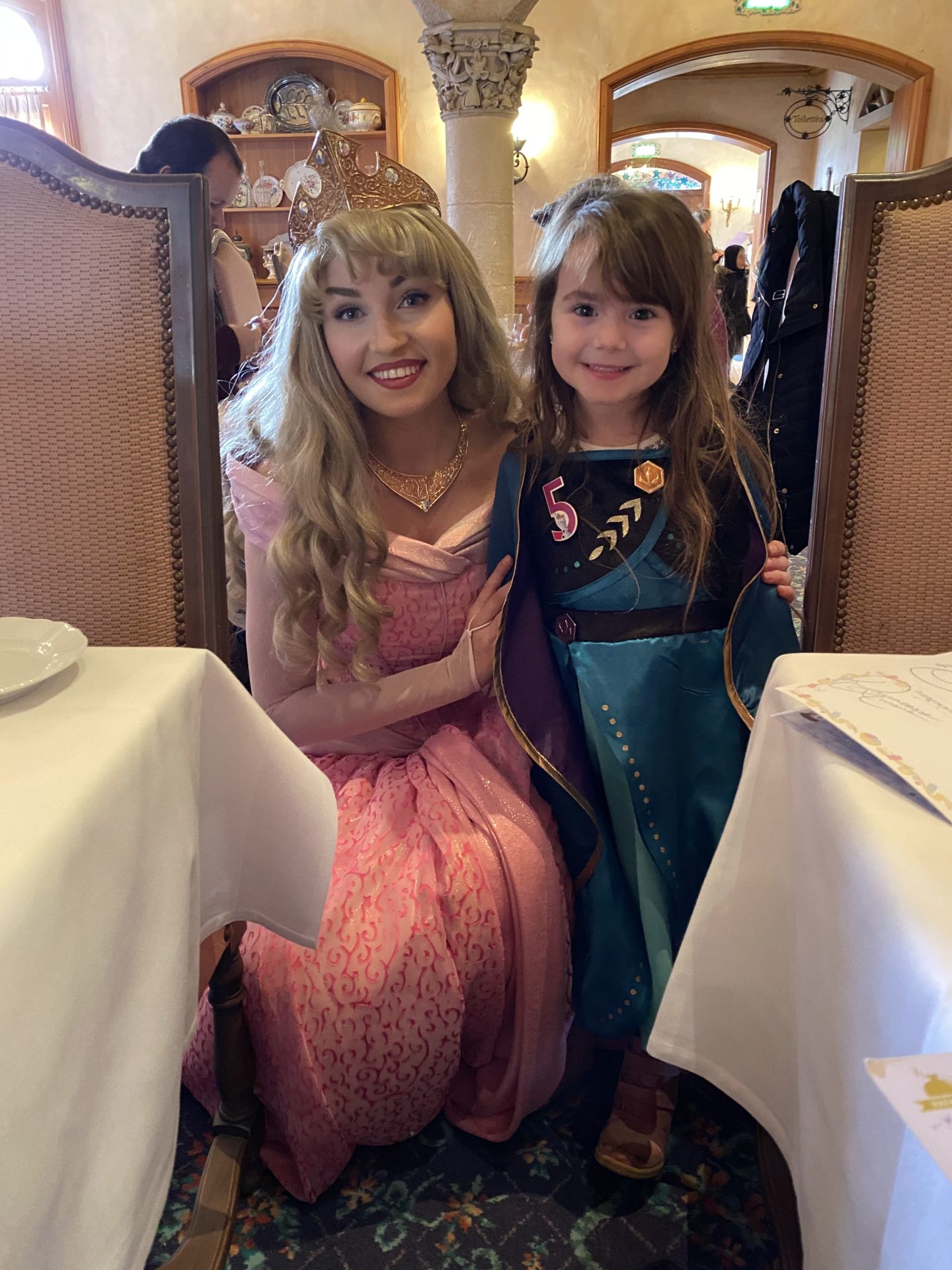Dress-up play is a beloved pastime for children around the world. It’s a fun and engaging activity that allows kids to explore their creativity and imagination. But did you know that dress-up play also has numerous benefits for a child’s development? In this blog post, we’ll explore how kids pretend play dress clothes can encourage imagination and role-playing skills in children.
The Benefits of Dress-Up Play
1. Encourages Creativity and Imagination
When children engage in dress-up play, they have the opportunity to create and explore different characters and scenarios. They can pretend to be anyone they want, from a superhero to a doctor to a princess. This type of imaginative play helps children develop their creativity and problem-solving skills.
2. Develops Social Skills
Dress-up play is often a social activity, with children playing together and taking on different roles. This type of play helps children learn how to communicate, cooperate, and negotiate with others. It also helps them develop empathy and understanding of different perspectives.
3. Enhances Language Development
When children engage in dress-up play, they often use language to create and describe their characters and scenarios. This helps them develop their vocabulary and language skills. They may also use different voices and accents to bring their characters to life, which can help with their oral language development.
4. Boosts Confidence and Self-Esteem
Dress-up play allows children to explore different identities and roles, which can help boost their confidence and self-esteem. When they dress up as a character they admire, they feel empowered and capable. This can translate into other areas of their life, such as school and social situations.
Choosing the Right Dress-Up Clothes
When it comes to kids pretend play dress up clothes, there are endless options available. From princess dresses to superhero capes, there’s something for every child’s interests and preferences. However, it’s important to choose dress-up clothes that are safe, durable, and age-appropriate.
One great option for dress-up clothes is a collection that includes a variety of costumes and accessories. This allows children to mix and match different pieces to create their own unique characters. Look for collections that include items such as hats, wigs, masks, and props to enhance the dress-up experience.
It’s also important to choose dress-up clothes that are made from high-quality materials. Look for costumes that are machine washable and can withstand the wear and tear of playtime. Avoid costumes with small or loose parts that could pose a choking hazard for young children.
Encouraging Imagination and Role-Playing Skills
Once you have the right dress-up clothes, it’s time to encourage your child’s imagination and role-playing skills. Here are some tips to get started:
1. Create a Dress-Up Corner
Designate a special area in your home for dress-up play. This could be a corner of your child’s bedroom or a separate playroom. Fill the area with a variety of dress-up clothes, accessories, and props. Make sure everything is easily accessible and organised, so your child can find what they need quickly.
2. Provide Open-Ended Props
In addition to dress-up clothes, provide your child with open-ended props that can be used in a variety of ways. This could include items such as boxes, fabric, and cardboard tubes. These props can be used to create different settings and scenarios for dress-up play.
3. Encourage Storytelling
Encourage your child to create stories and scenarios around their dress-up play. Ask them questions about their character and what they’re doing. Help them develop a storyline and encourage them to act it out. This helps develop their language and storytelling skills.
4. Join in the Fun
Don’t be afraid to join in the dress-up fun with your child. Take on a character yourself and engage in imaginative play together. This not only encourages your child’s imagination but also strengthens your bond and relationship.
5. Extend the Play
Extend the dress-up play beyond the dress-up corner. Encourage your child to wear their costumes outside or to special events. This helps them develop their social skills and confidence in different settings.
The Importance of Pretend Play
Pretend play, including dress-up play, is an essential part of a child’s development. It helps them make sense of the world around them and develop important skills such as creativity, problem-solving, communication, and empathy. Pretend play also allows children to explore different roles and identities, which can help them develop a strong sense of self.
Research has shown that children who engage in pretend play have better language skills, social skills, and cognitive abilities than those who don’t. Pretend play also helps children develop their imagination and creativity, which are important skills for success in school and in life.
Incorporating Dress-Up Play into Learning
Dress-up play can also be incorporated into learning activities to make them more engaging and fun for children. For example, you could use dress-up clothes to teach children about different occupations or historical figures. You could also use dress-up play to teach children about different cultures and traditions around the world.
One great way to incorporate dress-up play into learning is to create a themed dress-up box. For example, you could create a box filled with costumes and props related to a specific book or story. Children can then dress up as the characters and act out the story, which helps them develop their comprehension and storytelling skills.
You could also use dress-up play to teach children about emotions and social skills. For example, you could create a box filled with costumes and props related to different emotions, such as happy, sad, angry, and scared. Children can then dress up and act out different scenarios related to these emotions, which helps them develop their emotional intelligence and empathy.
Conclusion
In conclusion, dress-up play is a fun and engaging activity that has numerous benefits for a child’s development. It encourages creativity, imagination, social skills, language development, and confidence. When choosing kids pretend to play dress-up clothes, it’s important to select items that are safe, durable, and age-appropriate. Encouraging imagination and role-playing skills through dress-up play is easy with the right props, storytelling, and adult involvement.
Pretend play, including dress-up play, is an essential part of a child’s development and should be encouraged and supported by parents and caregivers. By incorporating dress-up play into learning activities, children can develop important skills while having fun and exploring their imagination.
So, the next time your child wants to dress up as a superhero or a princess, embrace the opportunity to encourage their imagination and role-playing skills. With the right dress-up clothes and a little creativity, the possibilities for pretend play are endless.




